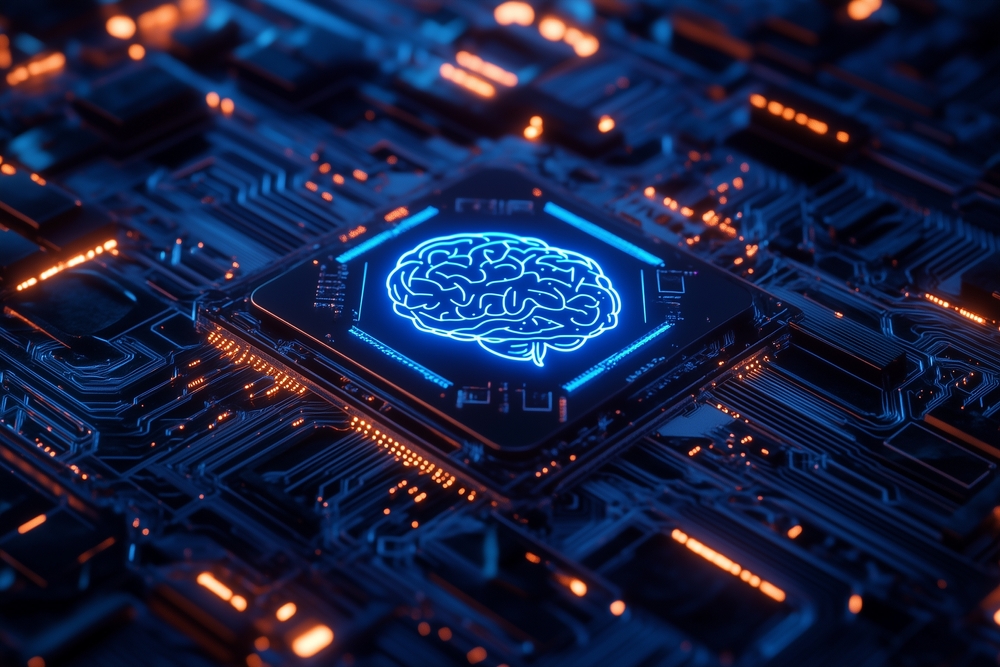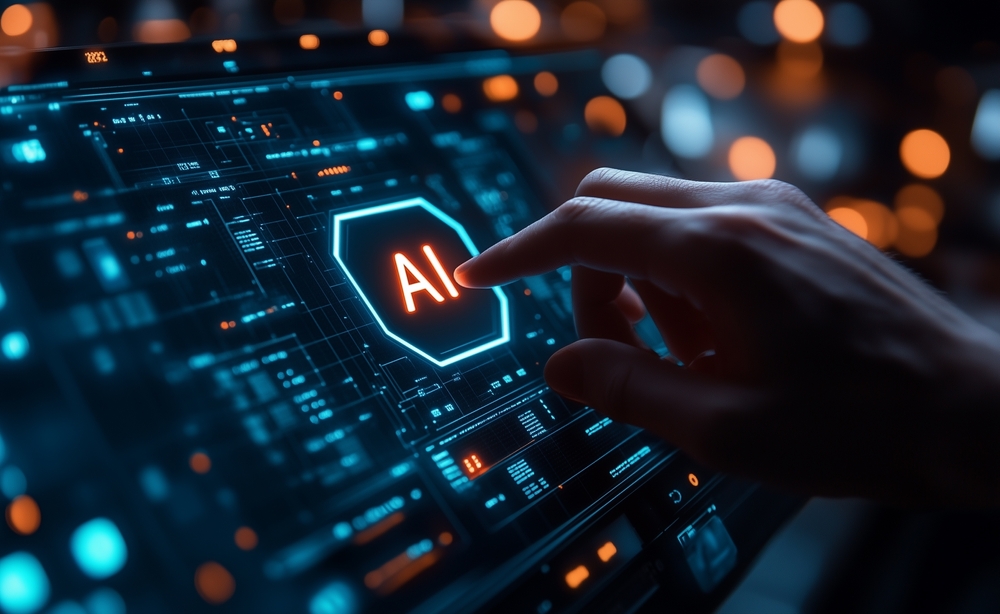Current Landscape of AI
AI has transitioned from a niche field to a central component of modern technology. Its applications span from virtual assistants like Siri and Alexa to complex data analysis tools in healthcare and finance. The advent of machine learning and deep learning has enabled systems to process vast amounts of data, recognize patterns, and make decisions with increasing accuracy.
Anticipated Advancements in AI
a. Enhanced Machine Learning Models
The next decade will witness the development of more sophisticated machine learning models capable of understanding context, nuance, and exhibiting human-like reasoning. These models will surpass current limitations, enabling more accurate predictions and decision-making processes.
b. Integration of AI in Daily Life
AI is expected to become deeply embedded in everyday activities, from personalized education platforms that adapt to individual learning styles to smart homes that anticipate and respond to residents’ needs. This integration aims to enhance convenience and efficiency in daily life.
c. Evolution of Autonomous Systems
Advancements in AI will lead to the proliferation of autonomous vehicles, drones, and robots. These systems will operate with minimal human intervention, transforming industries such as transportation, logistics, and manufacturing by improving safety and efficiency.
d. Progress Towards Artificial General Intelligence (AGI)
Researchers are making strides toward AGI—systems with the ability to understand, learn, and apply knowledge across a wide range of tasks, similar to human cognitive abilities. While achieving AGI remains a complex challenge, the coming decade may bring us closer to this milestone, with significant implications for various sectors.
Sector-Specific Impacts
a. Healthcare
AI will revolutionize healthcare by enhancing diagnostic accuracy, personalizing treatment plans, and streamlining administrative tasks. For instance, AI algorithms can analyze medical images to detect anomalies, predict patient outcomes, and assist in surgical procedures, leading to improved patient care.
b. Education
Personalized learning experiences powered by AI will cater to individual student needs, promoting better engagement and understanding. AI-driven platforms can assess a student’s strengths and weaknesses, adapting content delivery to optimize learning outcomes.
c. Finance
In the financial sector, AI will enhance fraud detection, automate trading, and provide personalized financial advice. By analyzing transaction patterns and market data, AI systems can identify fraudulent activities and make informed investment decisions, contributing to financial stability and growth.
d. Entertainment
AI-generated content, including music, art, and literature, will become more prevalent, offering personalized entertainment experiences. These AI systems can create content tailored to individual preferences, enhancing user engagement and satisfaction.
Ethical and Societal Considerations
a. Employment Displacement
The automation of tasks traditionally performed by humans raises concerns about job displacement. It’s crucial to develop strategies for workforce transition, including reskilling and upskilling programs, to mitigate the impact on employment.
b. Data Privacy
With AI systems relying heavily on data, ensuring the privacy and security of personal information is paramount. Implementing robust data protection measures and transparent data usage policies will be essential to maintain public trust.
c. Ethical AI Development
Establishing ethical guidelines for AI development and deployment is critical to prevent biases and ensure fairness. This includes creating diverse training datasets and involving ethicists in the AI development process to address potential ethical dilemmas.
Global Collaboration and Policy Development
International cooperation will play a vital role in shaping the future of AI. Developing standardized regulations and policies can facilitate the responsible development and deployment of AI technologies, ensuring they benefit society as a whole.
Conclusion
The evolution of AI in the next decade promises unprecedented advancements that will transform various aspects of human life. While the potential benefits are immense, addressing the accompanying challenges through ethical practices, robust policies, and global collaboration will be essential to harness AI’s full potential for the betterment of society.





